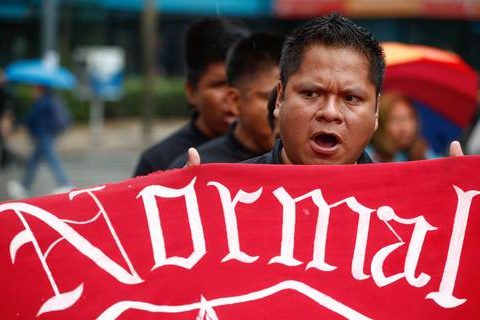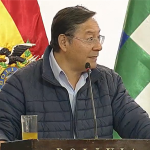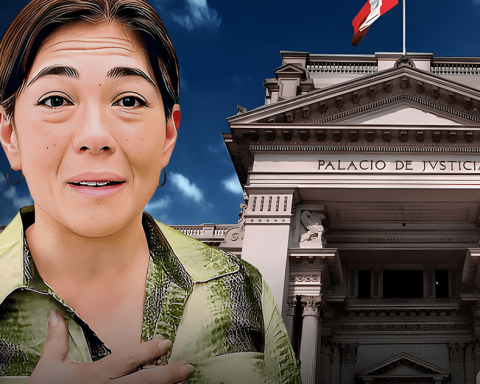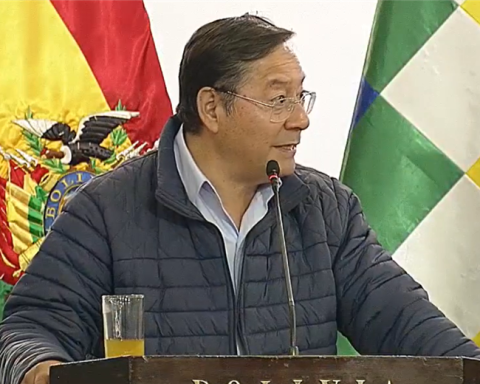Apart from these probabilities, there is also the ability to identify and take advantage of exemplary cases or, rather, exemplary ones. I am referring to those occasions when, for whatever reason, some crime acquires a special public relevance that makes it a unique opportunity, perhaps unbeatable, to affirm certain fundamental values, to articulate collective repudiation, to communicate will and effectiveness, to convey certainty, in short, to inspire confidence in the justice system.
These cases play an important role, I would even say essential, in terms of their symbolic function. It may be that many crimes are committed, even that many crimes are not punished, but these symbolic cases serve to draw the line of the unacceptable, to indicate that a limit has been transgressed that needs to be restored.
Or, on the contrary, the normative order that orders coexistence would be exhibited as inoperative, bottomless, to the degree that the very society in which that crime was committed becomes unrecognizable to itself.
I believe that what happened with the 43 students from the Ayotzinapa Normal School, who disappeared on the night of September 26 and the morning of September 27, 2014, was, or could have been, or should have been, one of those cases. It was in the sense that it provoked a general feeling of consternation and inspired one of the most powerful cycles of social protest in living memory.
It was, too, insofar as it generated a context of demands to which the government of Enrique Peña Nieto never knew how to respond and from whose accumulation of costs it was never able to recover. It was not, however, in the most elementary: to make a difference and that impunity did not prevail.
The investigation was anything but exemplary: omissions, irregularities, opacity, negligence, obstruction, torture, the entire repertoire for which justice in Mexico is deservedly known. Then came the manipulation of expectations, the lies, the assembly of the “historical truth” to try to avoid the bulge and turn one of the darkest pages in the already dark Mexican current affairs.
















